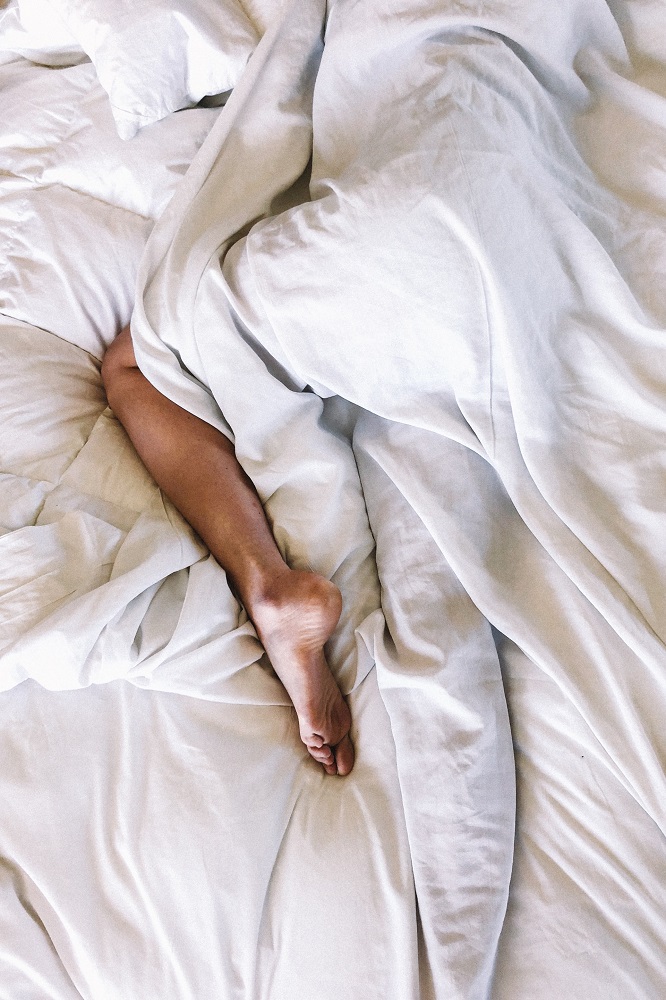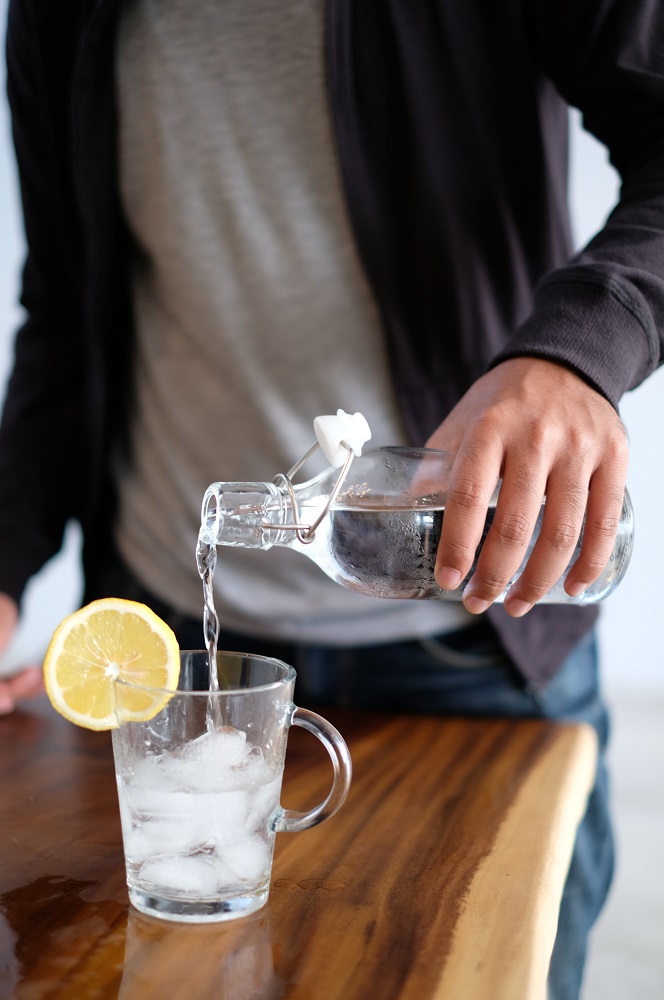If you’re trying to improve your wellbeing lately, then one of the most important things you can do is work on your sleep. The more high-quality slumber you get, the more you’ll be able to deal with things like stress, illness and anxiety.

Unfortunately, sleep is easily disturbed. If you’re lucky enough to fall asleep each night without tossing and turning, then you might find that you regularly wake up with aches, pains, or general feelings of discomfort. One of the most common reasons that we wake up, is because we’re feeling dehydrated.
The most obvious cause of waking up with a huge thirst is that you’re not drinking enough during the day. However, if you chug plenty of water, there are some other things that could be causing your restless nights.
Diabetes or High Blood Glucose

Don’t panic, not everyone who wakes up feeling dehydrated will necessarily have diabetes. However, if you often wake up feeling thirsty, and you struggle regularly with thirst throughout the day too, diabetes may be a cause. Diabetes and high blood glucose levels are linked closely with feelings of dehydration and dry mouth.
Consider speaking to your doctor about a diabetes test if you’re concerned. This is particularly important if you have a history of diabetes in your family.
Drinking Alcohol
Drinking alcohol sometimes seems like an excellent way to relax before bed – particularly if you’re stressed from work. However, there are a lot of issues to drinking booze that many people don’t know about. For instance, alcohol can make it harder for you to fall into deep sleep, which means you’re more likely to wake up tired.
Additionally, alcohol also dehydrates your entire body, meaning that you’re more likely to need a big glass of water in the middle of the night.
Respiratory Infections
If you have colds, stuffy sinuses, or another form of respiratory infection, this can make you dehydrated as soon as you wake up. When your chest and sinuses are congested, you work harder to breathe; this often dries out your mouth.
If you need to breathe through your mouth instead of your nose, this also leads to a large loss of moisture from your body too. Other illnesses that cause diarrhoea and vomiting can worsen dehydration.
Poor Bedding Choices
If you’ve got a bed that’s packed full of cushions and pillows, then there’s a good chance that you’re overheating. Your body needs to be cool at night for a good night’s sleep, but it’s easy to forget that when you’re snuggled under blankets.
Make sure that your bedding is breathable, particularly if you’re using a memory foam mattress that’s more likely to absorb heat. Having a fan in your bedroom might be helpful too, along with a humidifier. A fan will keep your room cool while a humidifier stops your bedroom from drying out too much.
Medication or Hormone Issues
Finally, dehydration can often be a side effect of taking certain medications, particularly antidepressants. Tell your doctor if you think you’re responding poorly to any of the medications you’re on. They might be able to suggest an alternative with fewer side effects.
If you are taking certain medications, then this might also affect your hormonal balance too. Hormones are crucial for regulating our temperature and our hydration levels. Keep an eye on your symptoms and be particularly aware if you notice other signs of hormonal issue, like mood swings.
Sweet Dreams!
You don’t have to wake up each morning with dry mouth! Dehydration is a common issue, but getting to the bottom of what’s causing your thirst is the first step in solving the problem.
Featured post
© Copyright 2020 Antonia, All rights Reserved. Written For: Tidylife


Leave a Reply